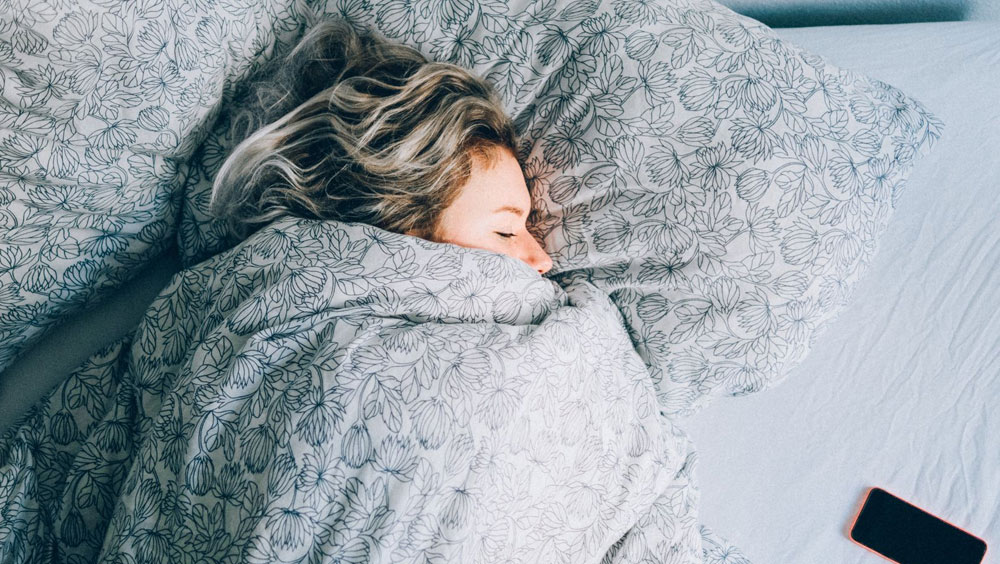Many people struggling with mental health find themselves taking what is commonly known as a 'depression nap.' While napping can be a way to rest and recharge, depression naps may be more about escaping emotional distress than actual fatigue. In this article, we’ll explore what depression naps are, why people take them, and whether they are beneficial or harmful to mental health.
What Is A Depression Nap?
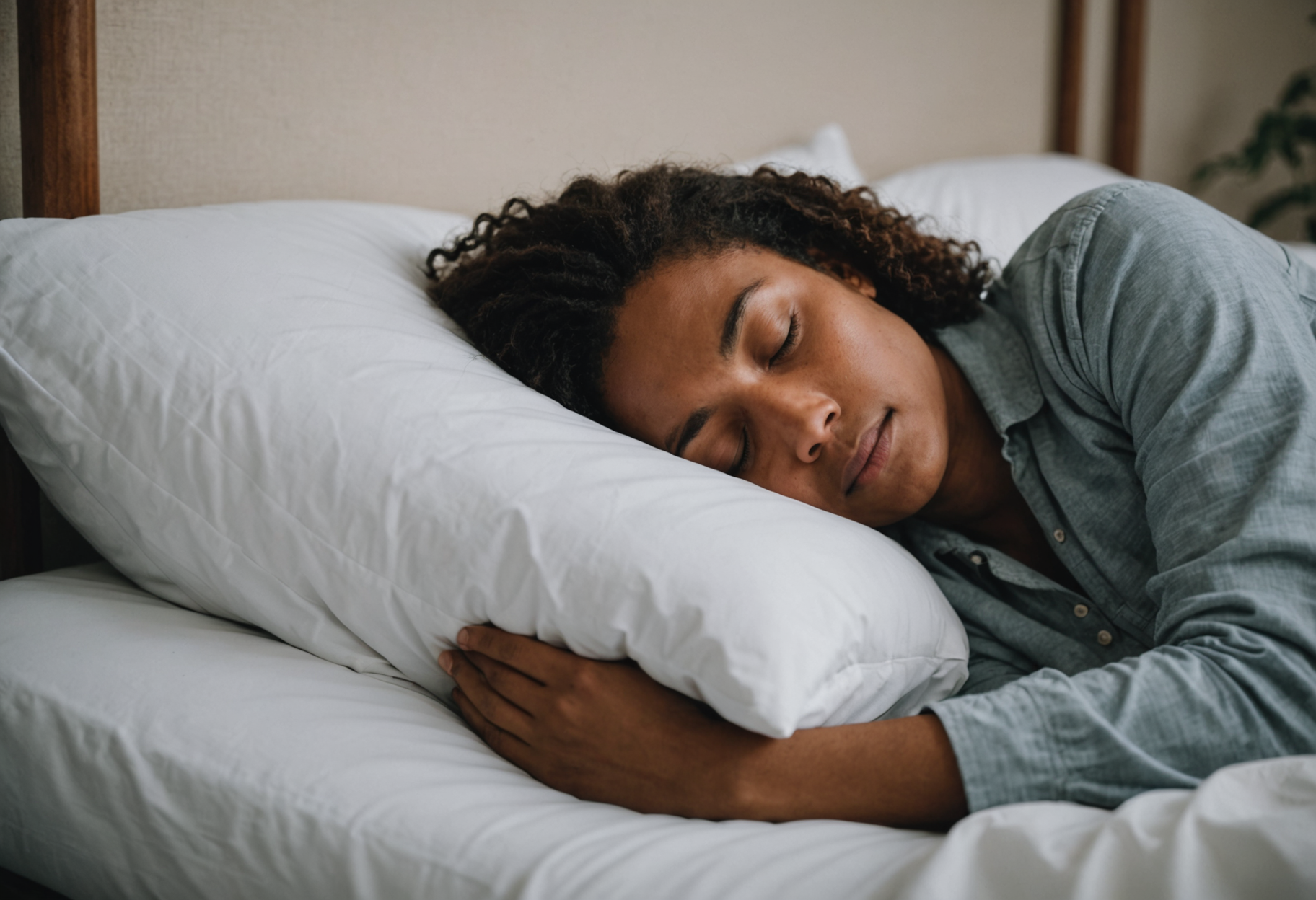
A depression nap refers to sleeping as a way to cope with feelings of sadness, anxiety, or emotional exhaustion. Unlike regular naps taken for physical tiredness, depression naps are often used as an escape mechanism to avoid dealing with negative emotions or overwhelming situations..
Why Do People Take Depression Naps?
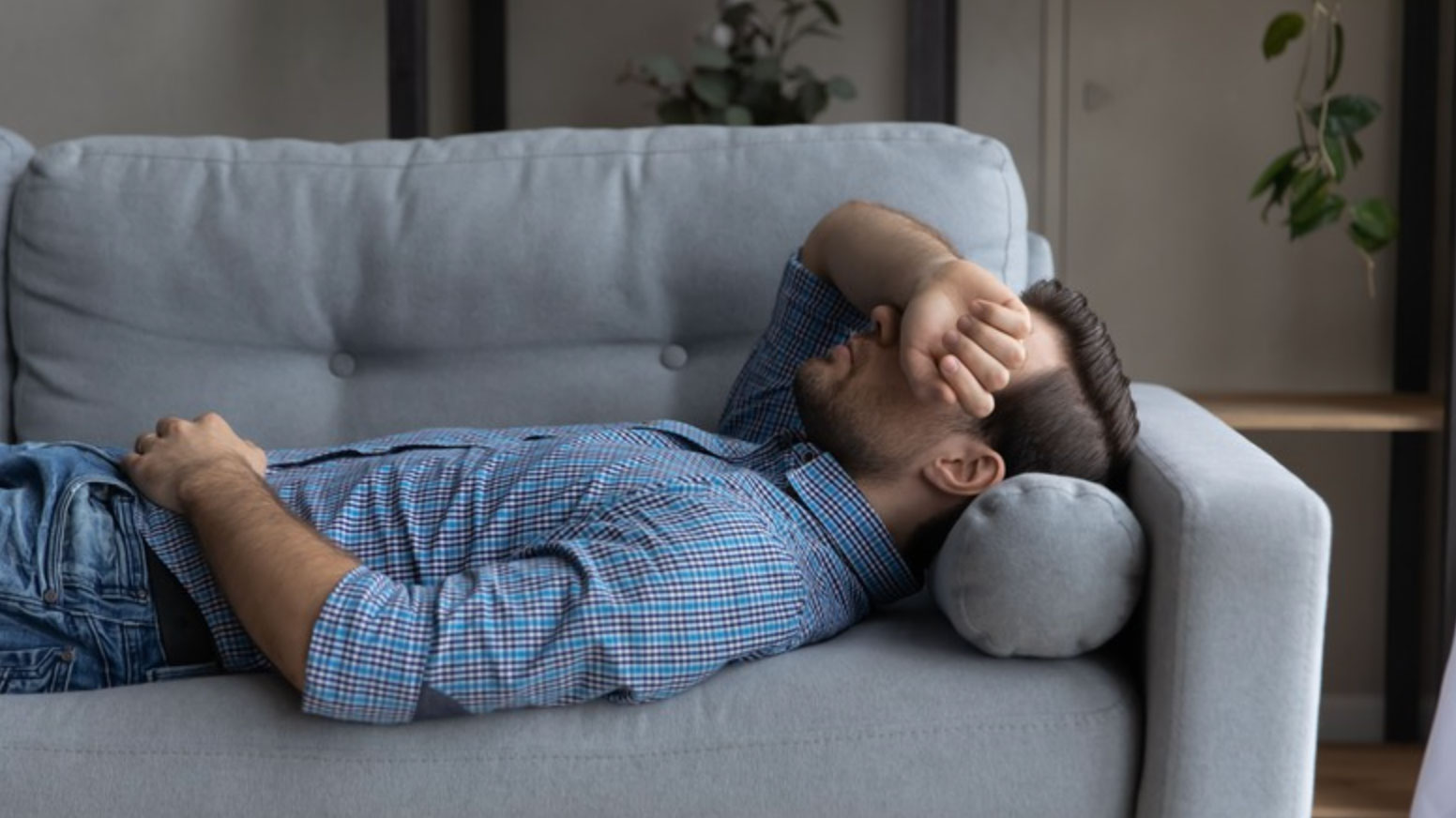
People may take depression naps for various reasons, such as feeling mentally drained, emotionally overwhelmed, or lacking motivation. Sleep serves as a temporary relief from distressing thoughts and emotions, offering a short-lived sense of comfort or escape from life’s challenges..
The Link Between Depression And Sleep
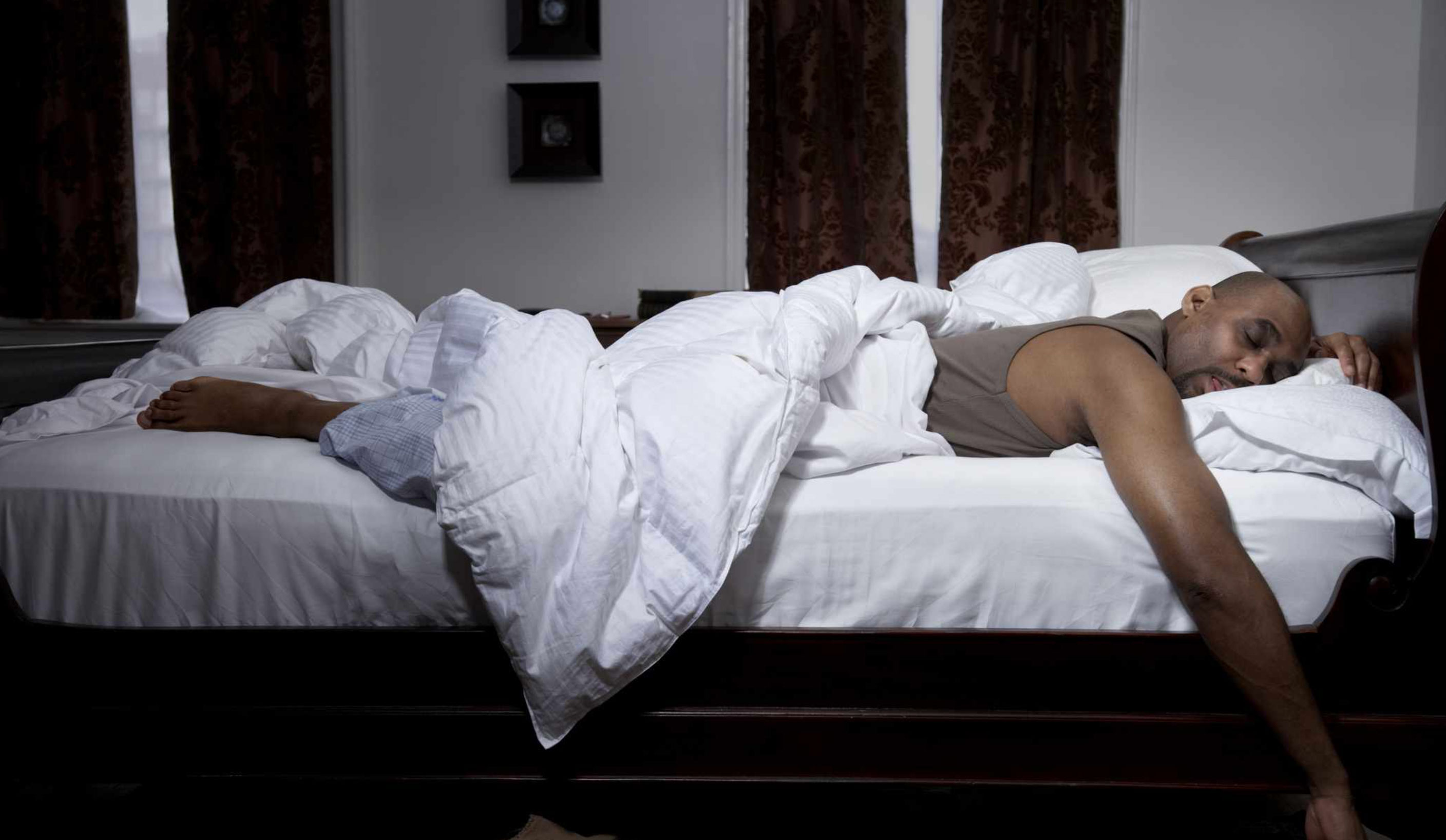
Depression is closely tied to sleep patterns, often causing disruptions like insomnia or excessive sleeping. While some people struggle to fall asleep, others find themselves napping excessively as a coping mechanism to avoid emotional pain or feelings of hopelessness..
Are Depression Naps Beneficial?
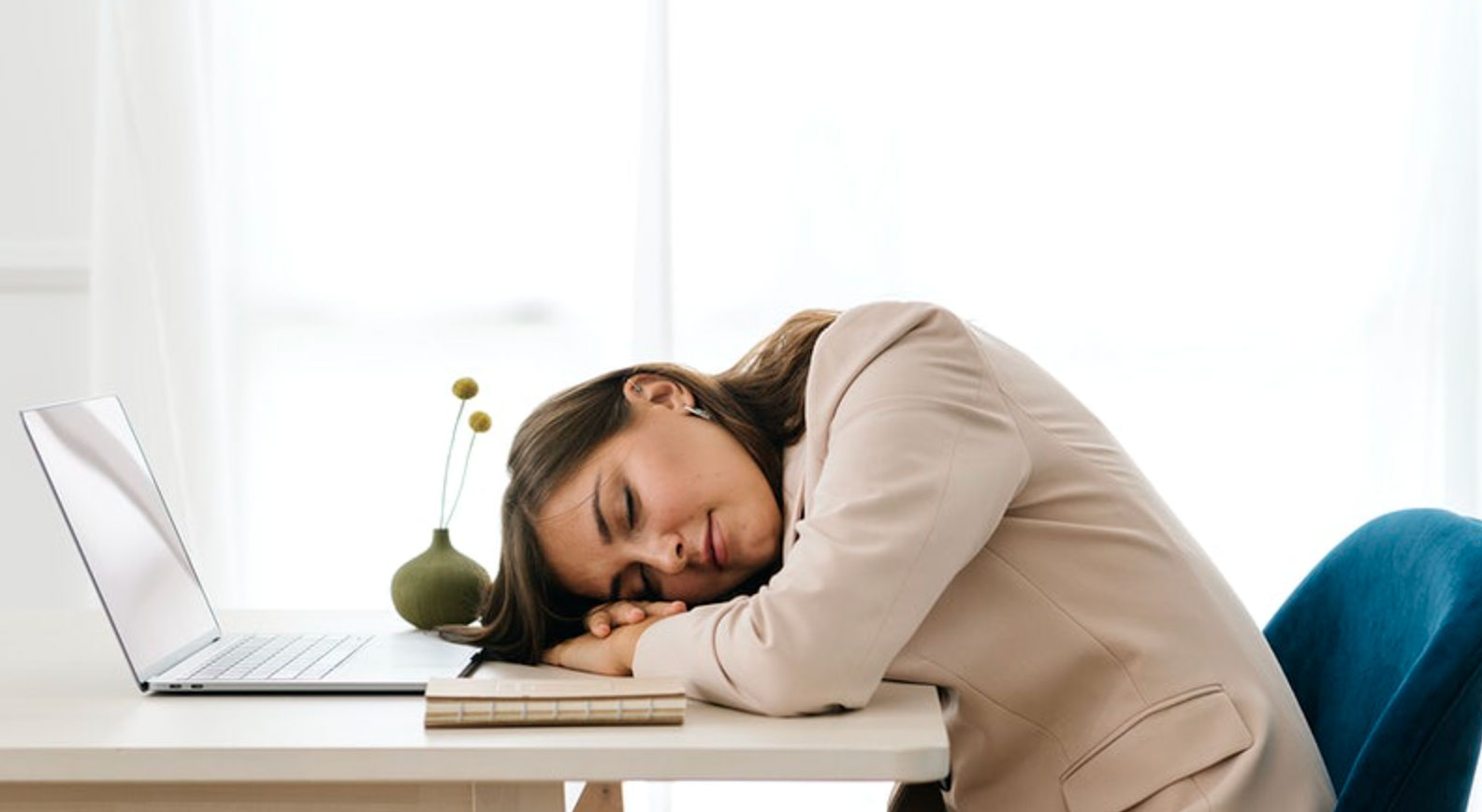
While brief naps can help restore energy, excessive depression naps may reinforce avoidance behaviors. Instead of addressing the root causes of emotional distress, frequent napping can lead to a cycle of low energy, social withdrawal, and worsening depression symptoms..
The Risks Of Frequent Depression Naps

Taking depression naps too often can interfere with daily responsibilities, reduce productivity, and contribute to feelings of guilt or frustration. This can further deepen depressive symptoms and make it more difficult to engage in healthy coping strategies..
Alternatives To Taking Depression Naps

Instead of napping to escape negative emotions, consider healthier alternatives like going for a walk, practicing mindfulness, or engaging in a hobby. Talking to a friend, therapist, or loved one can also provide emotional support and help in managing low moods..
When To Seek Professional Help
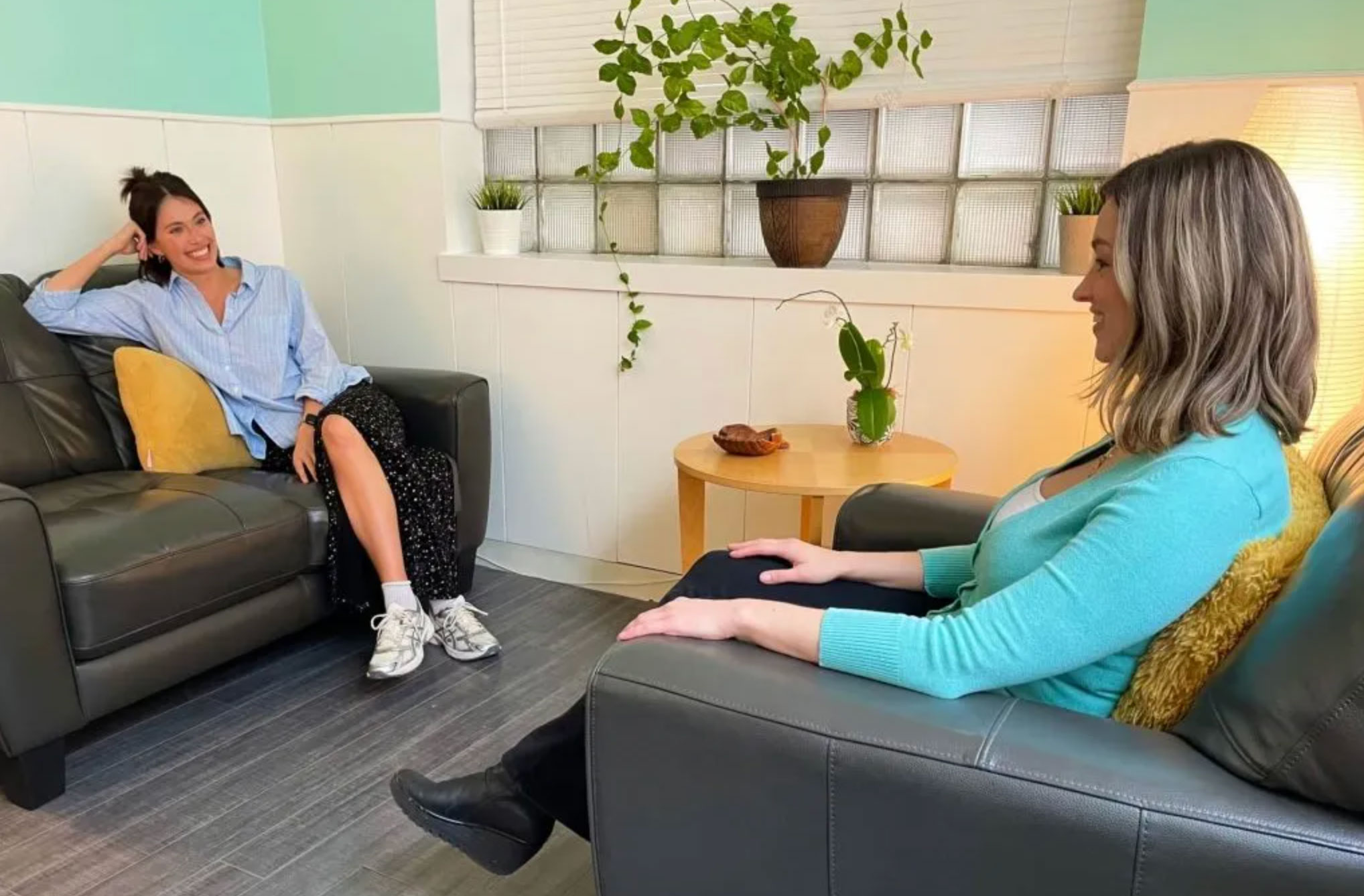
If depression naps become frequent and start interfering with daily life, it may be a sign of an underlying mental health issue. Seeking help from a therapist or counselor can provide guidance on healthy coping mechanisms and strategies for managing depression..
Building A Healthier Relationship With Sleep
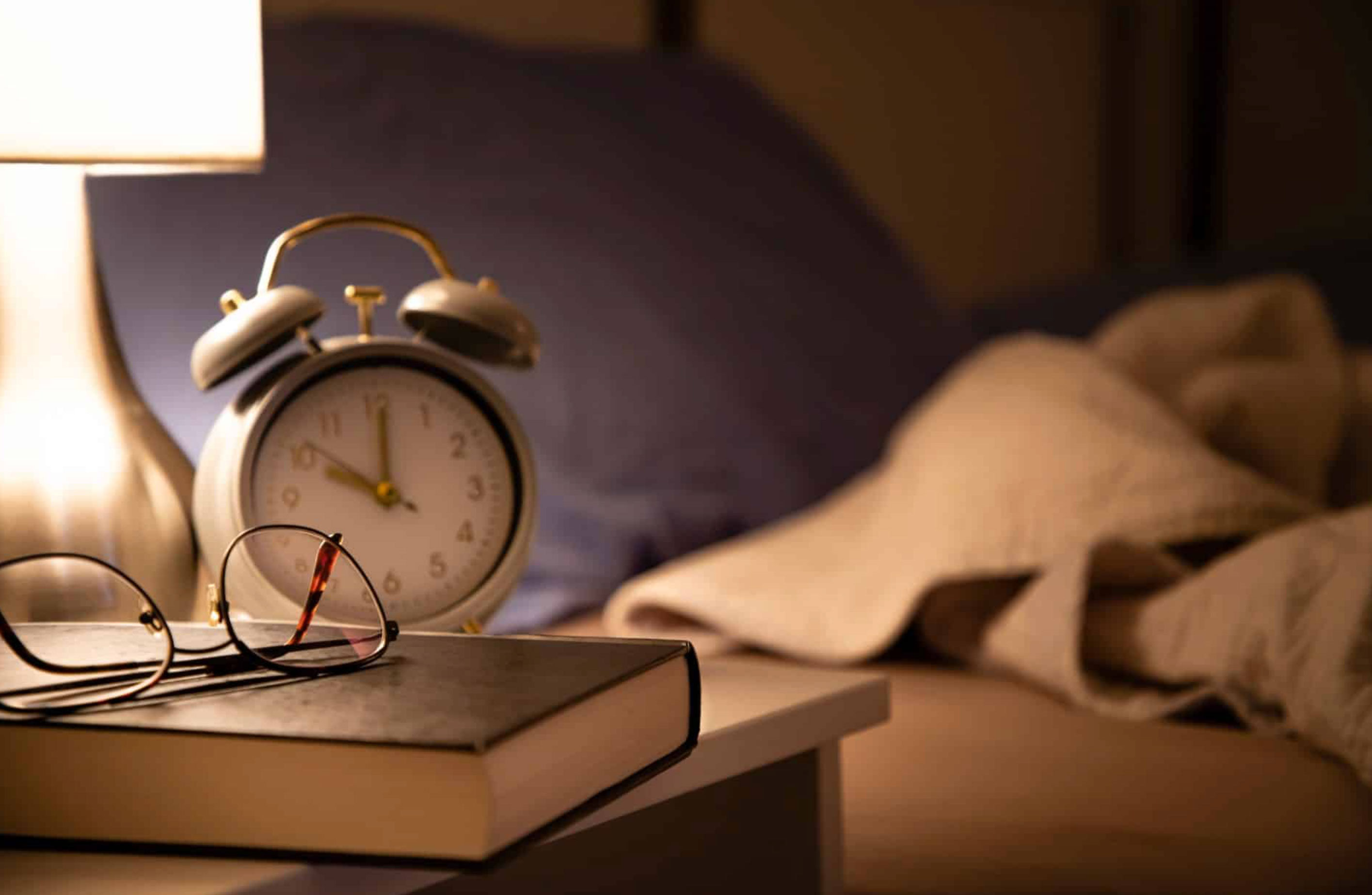
Improving sleep hygiene, maintaining a consistent sleep schedule, and setting small daily goals can help develop a healthier relationship with sleep. Avoiding excessive napping and focusing on restorative nighttime sleep can support better mental and emotional well-being..
Depression naps may offer temporary relief, but they are not a long-term solution to emotional distress. Understanding why we take them and finding healthier coping strategies can help improve overall mental well-being. If depression naps become frequent and interfere with daily life, seeking professional support may be necessary for long-term healing.

